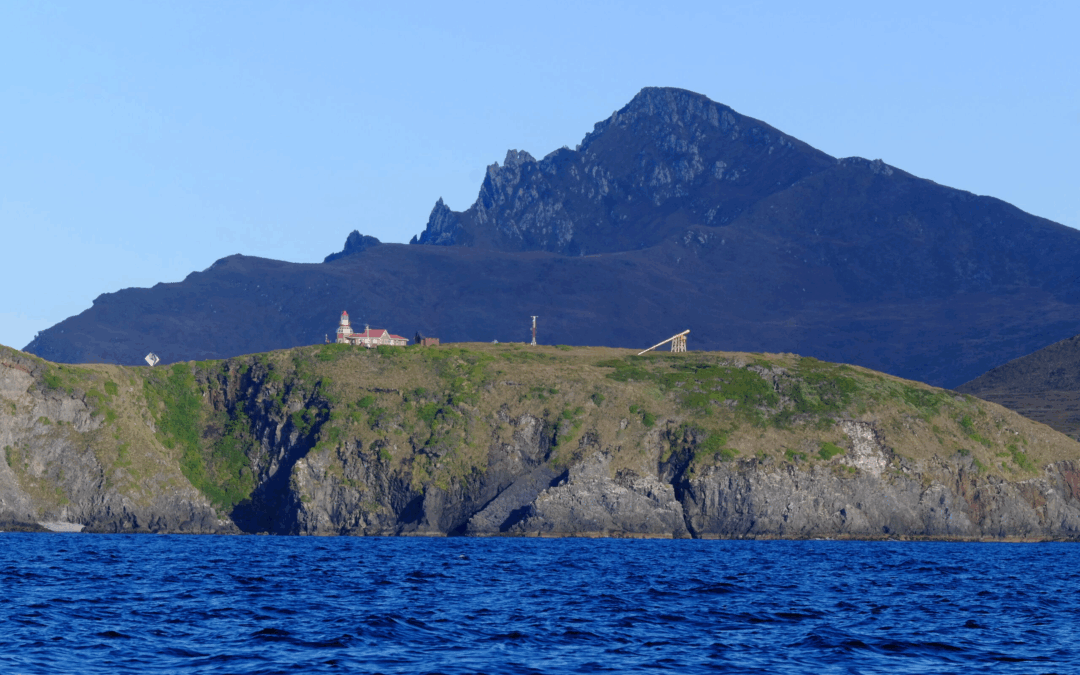
The dialogue between a Machi and ecologists opens new routes to integrate Mapuche knowledge in nature conservation

Association Karukinka
Loi 1901 - d'intérêt général
Derniers articles
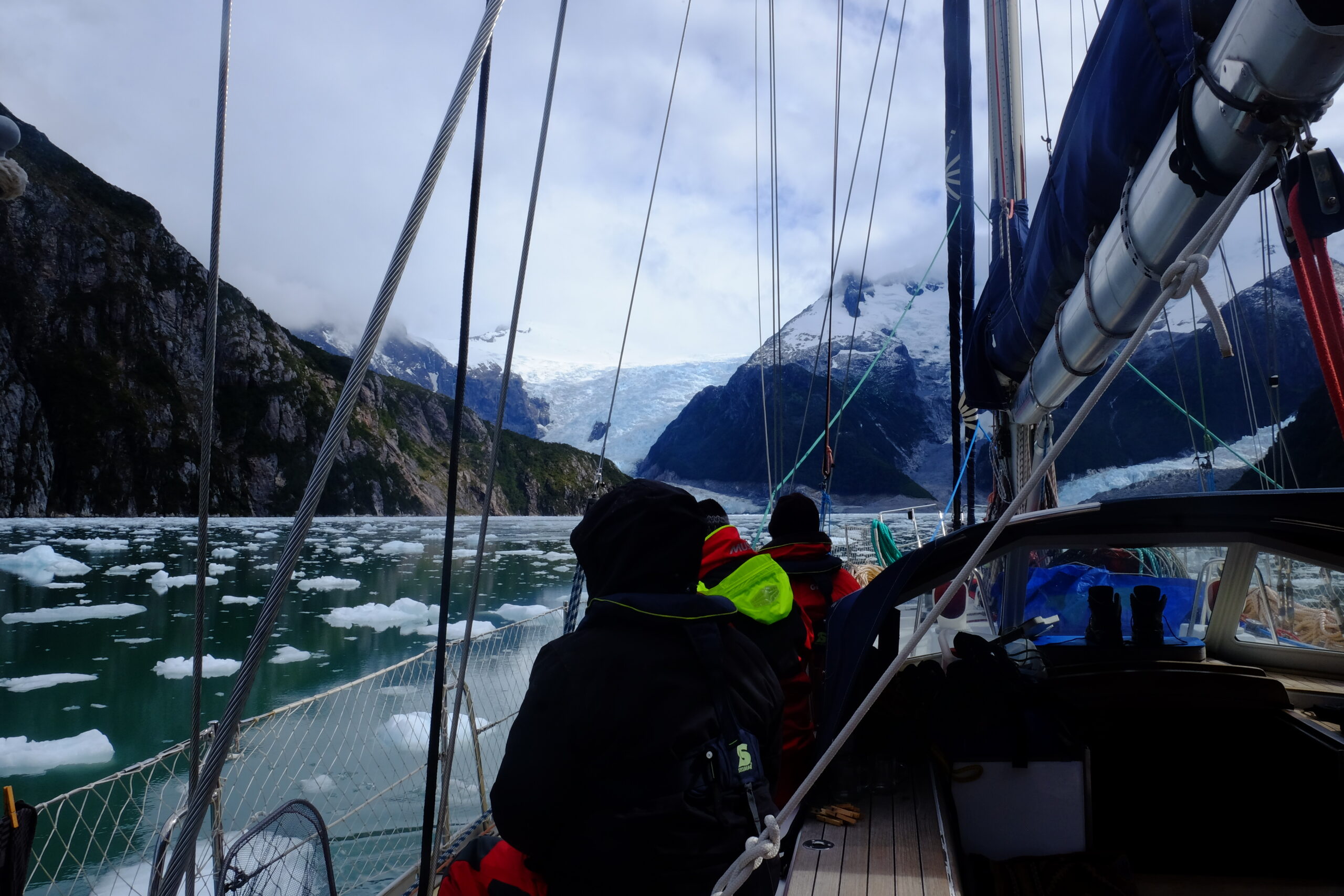
Suivez nous
The study proposes a collaboration model between ancestral Mapuche knowledge and ecological science, demonstrating that nature conservation requires listening to, respecting, and working alongside indigenous communities.
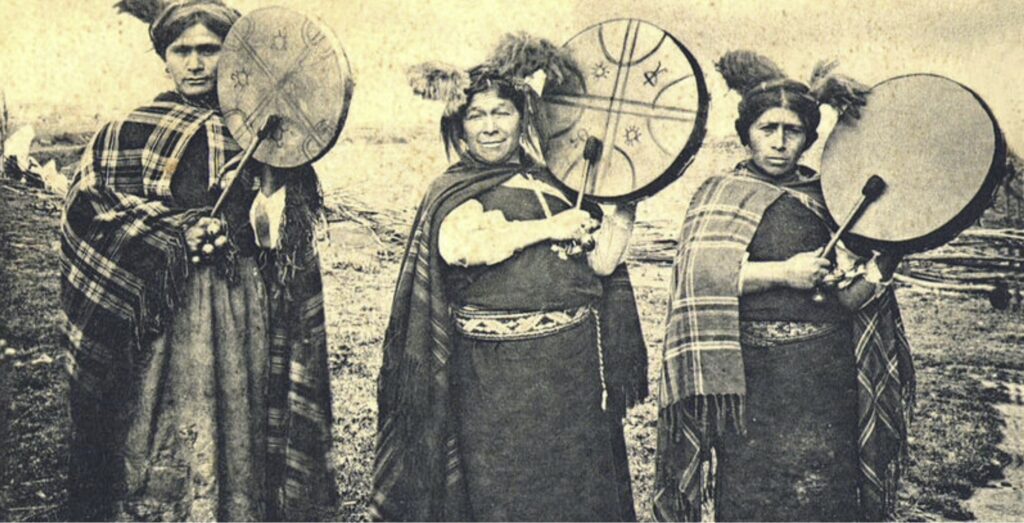
Temuco, October 23, 2025. (diariomapuche.cl) – A study published by the scientific journal Ecology & Evolution highlights the contribution of the Mapuche people to the understanding and protection of biodiversity in southern Chile. The research, titled “Listening Deeply to Indigenous People: A Collaborative Perspective and Reflection Between a Mapuche Machi and Ecologists”, proposes a paradigm shift in ecological science: moving from consulting communities to co-producing knowledge alongside them.
The work was developed by a group of scientists and a machi from the Conguillío territory, who shared knowledge, experiences, and reflections on the impacts of industrial projects—forestry and hydroelectric—on the Truful-Truful river basin, one of the ecosystems most affected by extractivism in Wallmapu.
“The machi and the ecologists show us that listening deeply to indigenous peoples is not a symbolic act, but a condition for understanding the life of the territory,” the study states.
Ancestral Mapuche knowledge and science with two eyes
The team applied the “Two-Eyed Seeing” approach, a framework that integrates Western scientific vision with Mapuche cosmovision. In this way, two ways of knowing the world are articulated: one based on ecological data and another on the spiritual and territorial experience that sustains the Mapuche relationship with itrofil mongen (biodiversity).
The article identifies historical barriers between academia and indigenous peoples—such as mistrust, knowledge extractivism, and inequality in decision-making—but also shows concrete paths for collaboration, respect, and reciprocity.
The territory speaks
The research documents how exotic plantations and hydroelectric projects have altered medicinal species, water courses, and cultural practices linked to küme mongen (good living). Against this, the study proposes that indigenous communities participate as co-managers and co-researchers, recognizing their territorial and spiritual authority over the ecosystems they inhabit.
The publication concludes that without indigenous peoples there will be no effective nature conservation, and that integrating their knowledge and rights into public policy is an urgent task in the face of the global climate crisis.
“Wallmapu does not only conserve biodiversity: it conserves memory, language, and spirituality. Listening deeply to its inhabitants is also listening to the earth,” the statement summarizes.
Scientific source: Ecology & Evolution (Wiley Online Library, DOI: 10.1002/ece3.71914)
Publication translated from Spanish by association Karukinka volunteers. Original publication : https://www.mapuchediario.cl/2025/10/23/dialogo-entre-una-machi-y-ecologos-abre-nuevas-rutas-para-integrar-el-conocimiento-mapuche-en-la-conservacion-de-la-naturaleza/

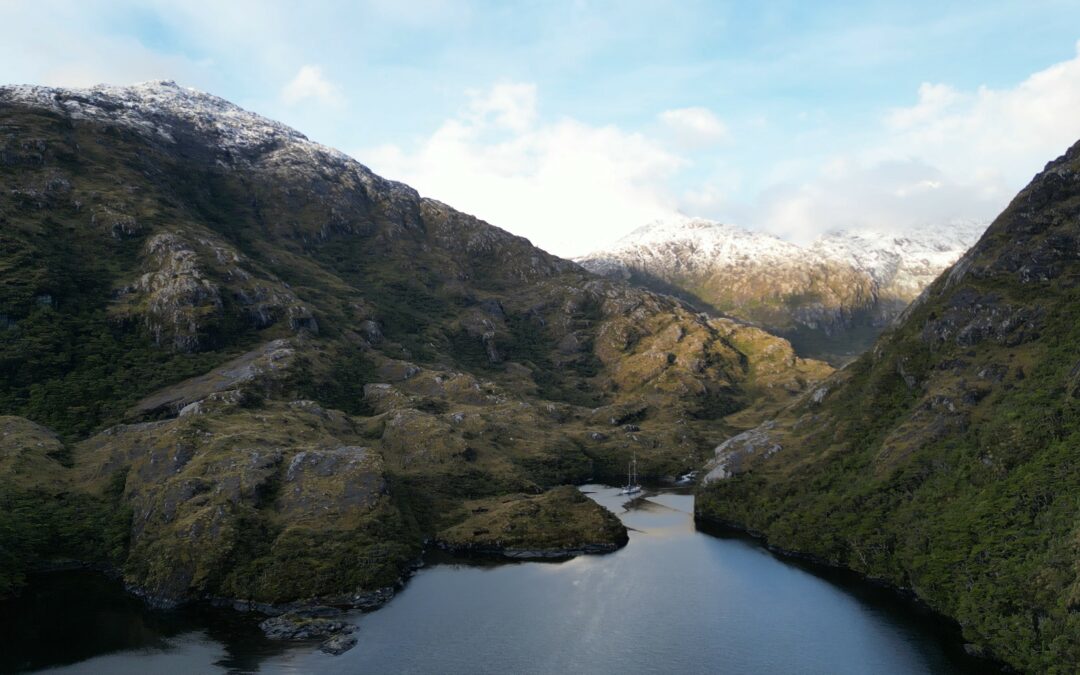

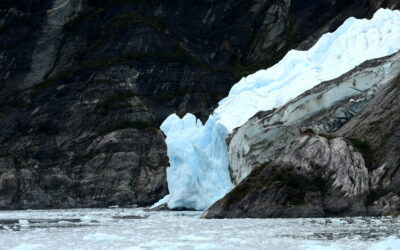
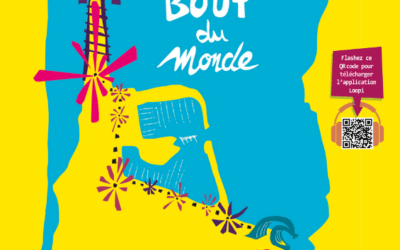
![[#8 – Ireland–Scotland 2024] from Loch Buie to the sacred Isle of Iona](https://karukinka.eu/wp-content/uploads/2024/07/Iona_LL-400x250.jpg)
